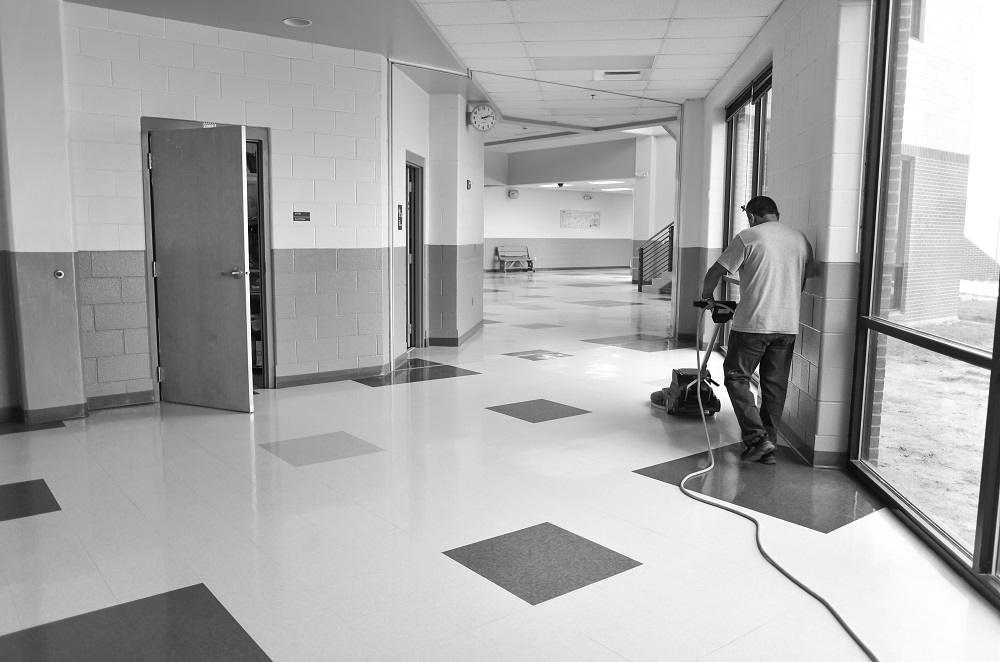
More than 40 per cent of New Zealand’s workforce is now being supported by the Government’s COVID-19 wage subsidy scheme.
The million-worker milestone was reached following $1.25 billion of payments on 6 April, taking the total paid out to $6.6 billion.
This is supporting the wages of 1,073,129 workers, comprised of 914,931 employees and 158,198 sole traders.
This represents 41 per cent of the New Zealand workforce. In total, 305,363 applications from businesses, the self-employed and sole traders have been approved.
“We’re supporting businesses to pay wages, and stay connected with their workers so that we are all in a better position to kickstart the economy on the other side,” Finance Minister Grant Robertson said.
“This helps make sure people have what they need during this lockdown to stay home, break the chain and save lives. The best way to support the economy is to fight this virus.”
Minister of Social Development Carmel Sepuloni said MSD staff are getting the payments out to support workers and businesses at an unprecedented pace.
The Treasury estimates the 12-week scheme will pay out between $8 billion and $12 billion. For each full time worker, businesses receive a lump-sum payment of $7,029.60, and for each part time worker $4,200.
The full value of the subsidy has to be passed on to employees, unless their normal wages are below the subsidy, in which case the employee must be paid at least their normal wages.
The MSD has also released a new tool where the public can search for companies that have received payments under the wage subsidy scheme.
“Publishing this information makes sure that payments under the scheme are transparent and that the scheme is accountable to the public,” MSD said on its website.
OCS commits to zero redundancies for 12 weeks
OCS New Zealand has committed to zero redundancies for 12 weeks and has many of its cleaning staff (including all essential workers) on full pay in a move the company said has been made possible by the wage subsidy.
Ian West, OCS general manager (Northern Region) said workers within the cleaning and facilities management industry deliver a broad range of services many of which are classified as essential services during the lockdown.
“Just under half of our people – 1600 – are classified as essential workers, so they’re continuing to work in police stations, medical centres and other essential service providers facilities that remain open. The work they’re doing keeps our essential spaces clean and hygienic is helping to flatten the curve by preventing community spread of COVID-19.
“However, many of our team normally work in sectors that aren’t operating during the Level 4 lockdown so, like the majority of New Zealanders, they’re doing their bit by staying at home.”
West said the company’s biggest focus during the crisis is to provide certainty to its 4000 staff across New Zealand.
“The best way to do that is by committing to zero job losses for the next three months – even though our revenue is significantly down. Our industry runs on slim margins, and with the significant increase in our cost of sales and reduced revenue, we couldn’t have done it without the support of the Government.”
West said OCS is using the government subsidy to ensure every worker has at least 80 per cent of their normal pay – even if they’re unable to go to work right now.
“Every frontline OCS team member still working is getting 100 per cent of their normal pay. That’s everyone cleaning hospitals, rest homes, airports and other essential services.
“For those whose normal work doesn’t exist during the lockdown, we have decided to support our lowest-paid workers the most. If their normal pay is under the $350 (under 20 hours) or $585 (20 hours or more) government subsidy (many cleaners work part-time), we’re paying them their normal wage.
“If their normal pay is above $580, we are using a sliding scale with the highest-paid people getting paid 80 per cent and lower paid people getting closer to 100 per cent.”
“We’re sharing the government wage subsidy across all our people to help as many lower-wage workers as possible.”
West said workers whose jobs are classed as ‘essential’ but who can’t work for health or other issues will continue to be paid 100 per cent of their wages.
Comment below to have your say on this story.
If you have a news story or tip-off, get in touch at info@13.238.154.125.
Sign up to INCLEAN NZ’s newsletter.